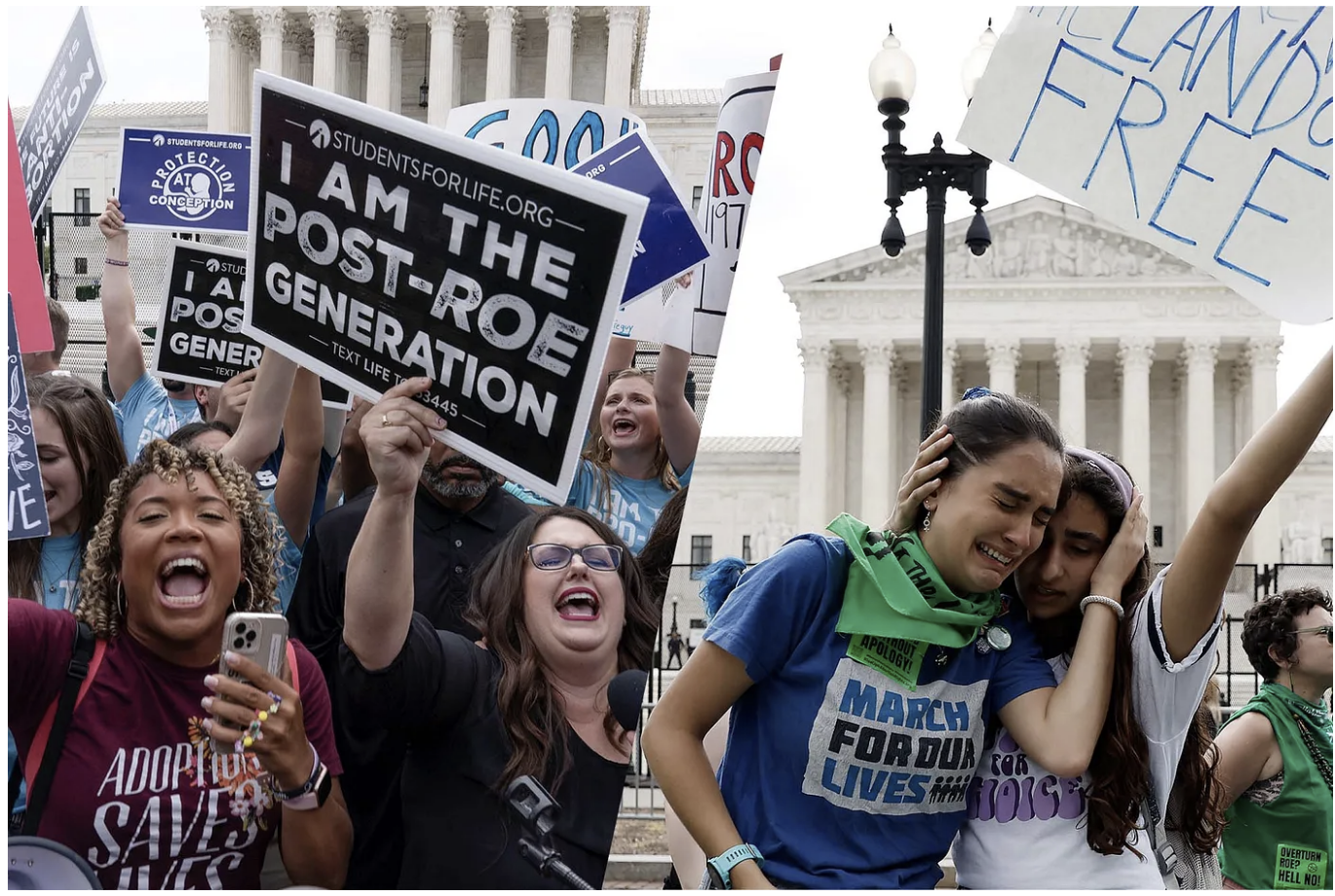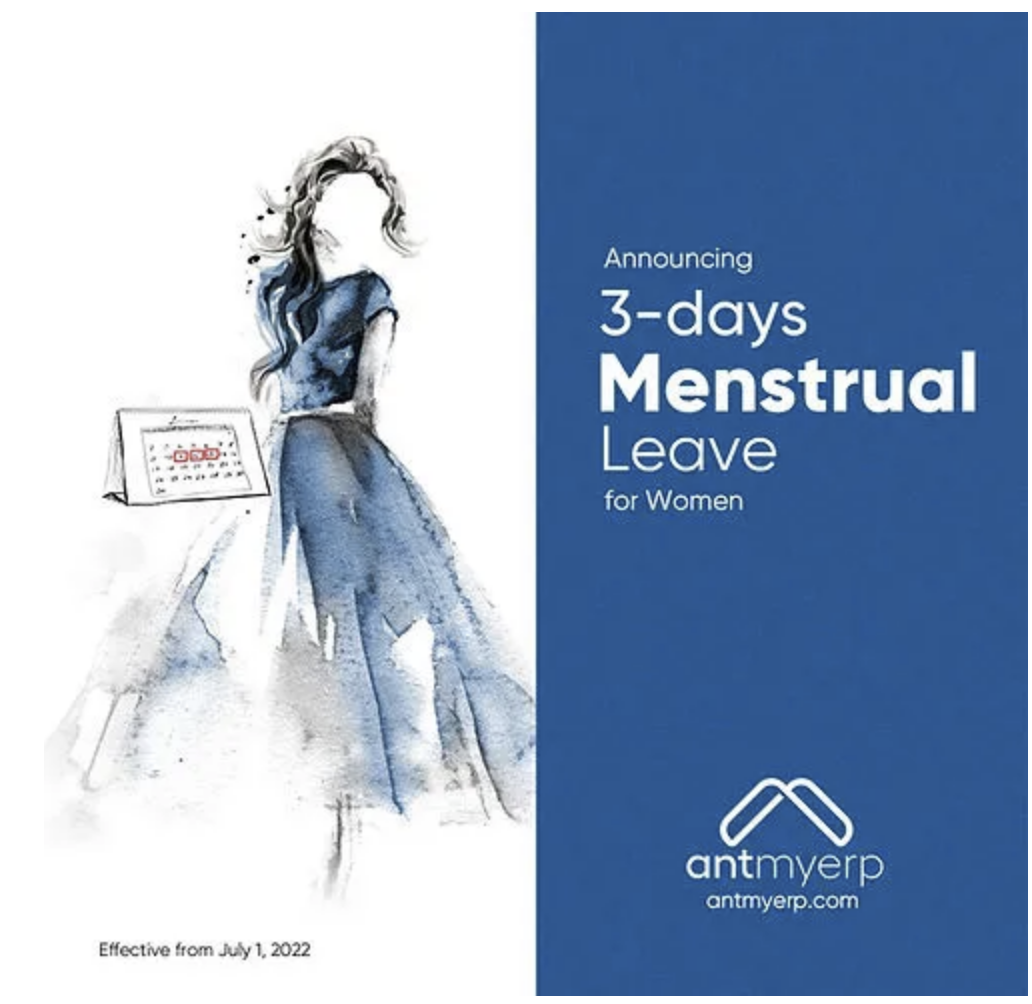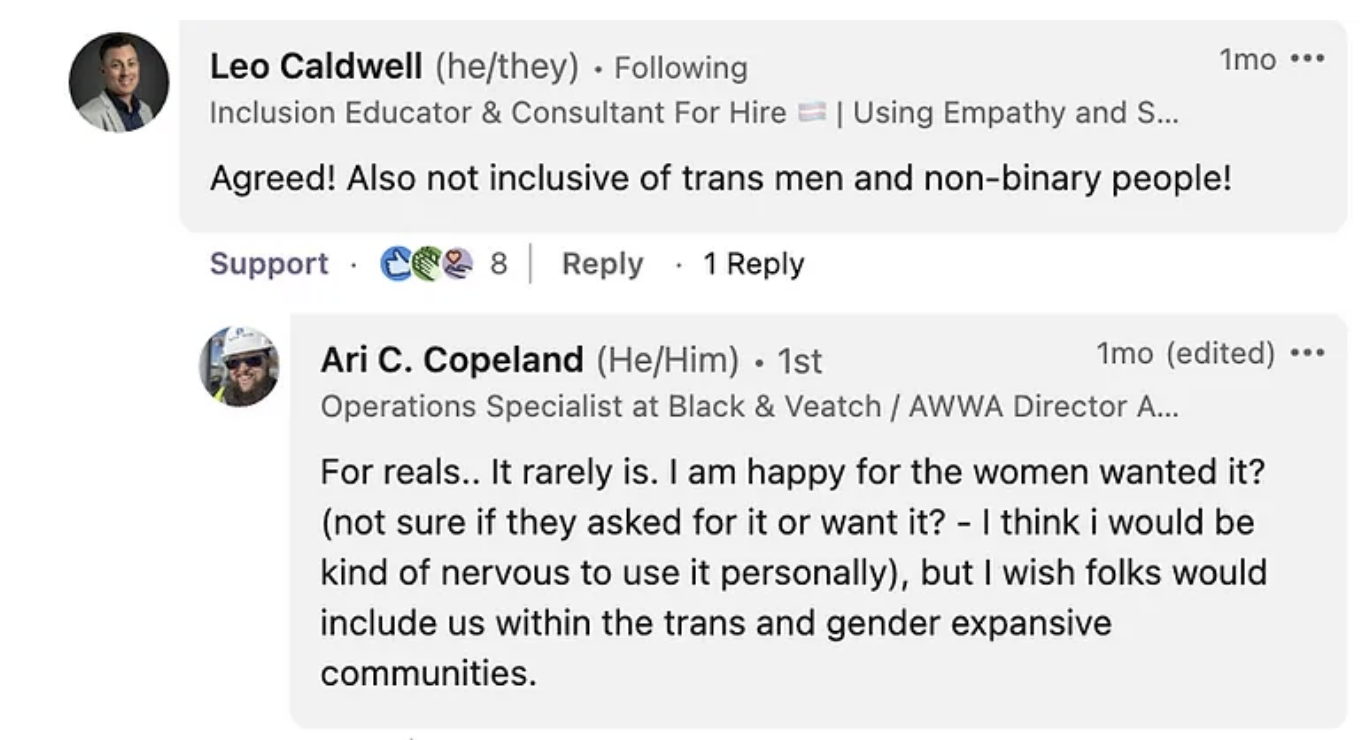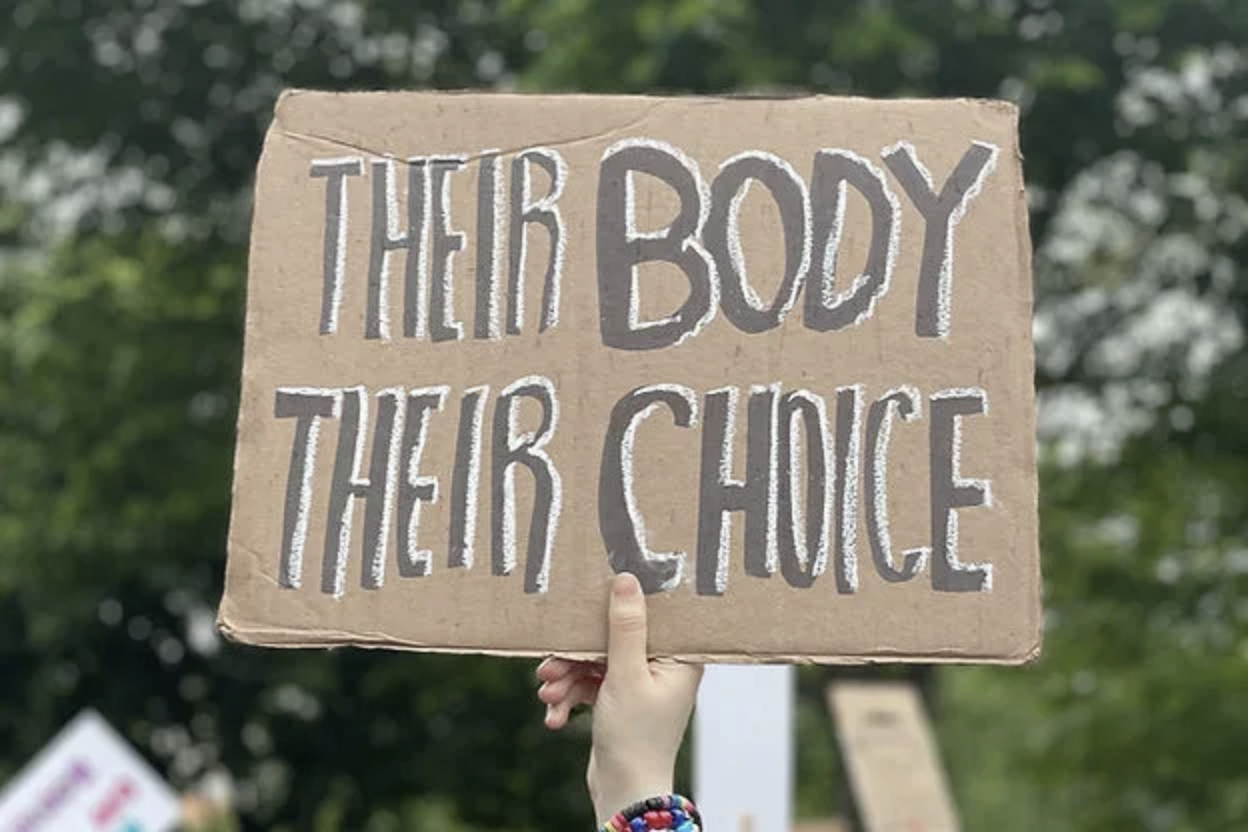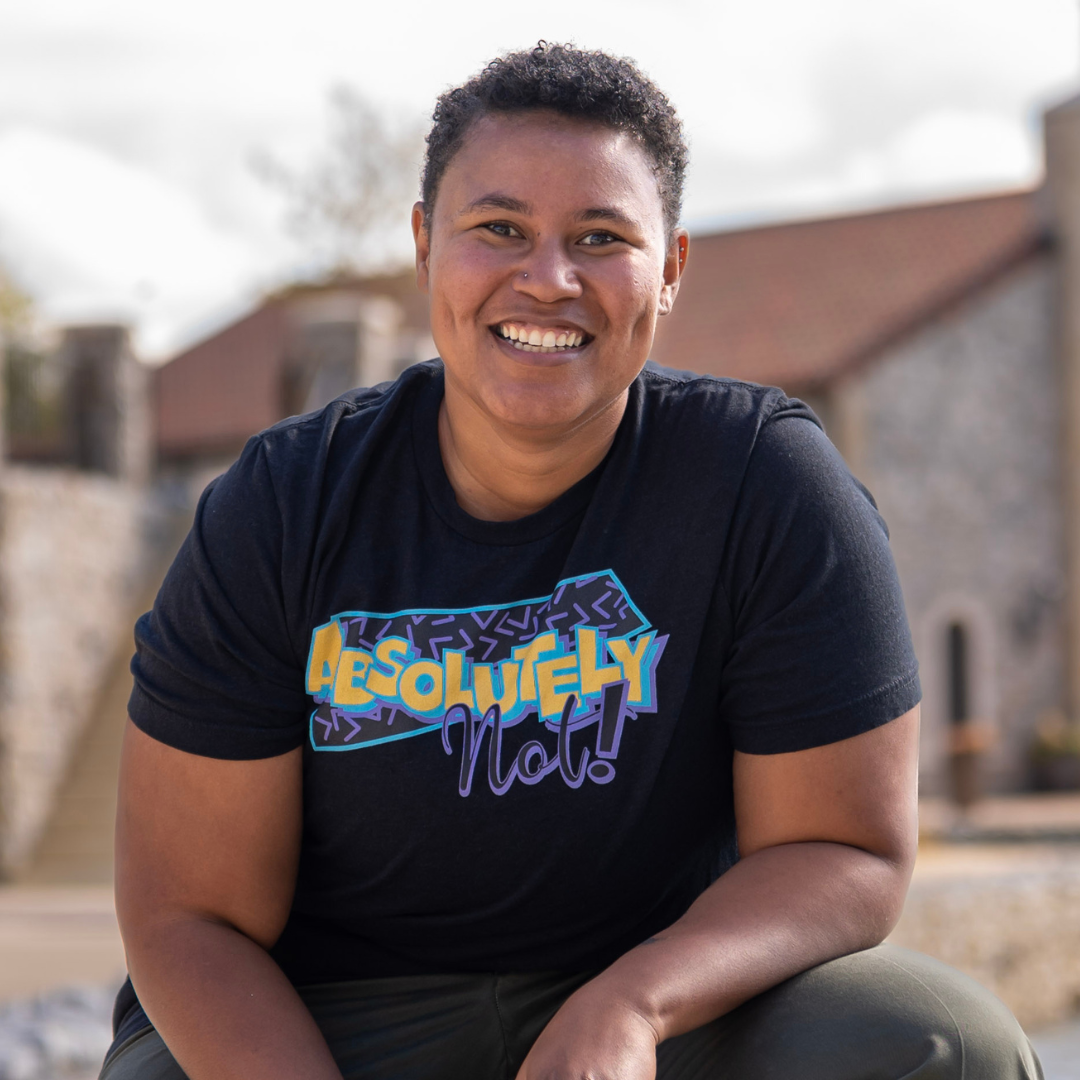Language for Birthing, Menstruation and Abortions
On June 24th 2022, the U.S. Supreme Court officially reversed Roe v. Wade, declaring that the constitutional right to abortion, upheld for nearly a half century, no longer exists.
Roe v. Wade
Following this announcement, several organizations began releasing new policies to assist any of their employees who were seeking abortions. These policies were eye opening and showed how much employers could support their employees during these difficult times. While these policies were a relief for many, for others the language used throughout them made them feel less than and without support.
A “Women’s Issue”
A lot of people think of cisgender women when these topics or issues arise. They do not think of trans men, nonbinary people, gender nonconforming people, intersex people or those who may have been Assigned Female at Birth (AFAB). In a viral clip, Khiara Bridges (She/Her), a UC Berkeley Law Professor, very eloquently explains why non-inclusive language that centers on cisgender women causes a lot of harm. She explains that the lack of inclusive language erases the very existence of the other people that these policies affect and is ultimately an act of violence towards those communities.
CEOs are now making statements as more and more legislation is released. Bumble’s CEO, Whitney Wolfe Herd (She/Her), stated that “Bumble is women-founded and women-led, and from day one we’ve stood up for the most vulnerable. We’ll keep fighting against regressive laws like #SB8.” Match Group CEO, Shar Dubey (She/Her), added to an employee memo “I would hate for our state to take this big step back in women’s rights.” Both CEOs center cisgendered women in their statements and leave out everyone else who is impacted.
A Continuing Conversation
3 days menstrual leave policy for women by antmyerp
Because of this initial conversation on “women’s bodies” more organizations are performatively creating policies to accommodate bodily functions they are unfamiliar with. The image above was posted to promote a new 3-days Menstrual Leave for Women. There’s a lot wrong with this at first glance: the time frame, imaging and the very idea that all menstruations are the same, but the one I’d like to focus on most is the “for Women.” As organizations continue to create new policies, I hope that it’ll get easier for us all to point out who’s being centered, left out and just plain ignored.
Pharoah Bolding (He/Him), The World’s Greatest Comic-Drawin’ HR Consultant, shared his thought on the policy in a LinkedIn post. Many people responded but the comments left by Leo Caldwell (He/They) and Ari C. Copeland (He/Him) confirmed that the policy, while terrible to start, was also not as inclusive as it presented itself to be.
Moving Forward
Their body. Their choice.
By now I hope you’re ready to start using more inclusive language when describing bodies or bodily functions. Below are some of my favorites to use:
People with the capacity to birth
People who menstruate
Chest feeding, fed from the body
People who need abortions
People who [insert bodily function]
This language saves lives. It allows people to feel safe enough to be their full selves. It creates spaces for people to share the language they’d like used when speaking about their own individual bodies. Without similar language people like those who have been showcased in this article will feel unsafe, excluded and discouraged to speak up. Remember to always be critical of who’s being centered and to ensure you’re being as inclusive as possible
K Mataōtama Strohl (They/Them)
K is an award-winning consultant, coach, writer and speaker. K is also the curator of a content space that shares “refreshingly genuine and educational bite sized yet profound insights and experiences,” as well as the host of two popular podcasts.
🌱BetterHelp
BetterHelp allows you to connect with one of 24,000 licensed therapists in a safe and private online environment. You pay just a low flat fee for unlimited therapy with your therapist. Visit www.betterhelp.com/absolutelynot to get 10% off your first month. #sponsored
